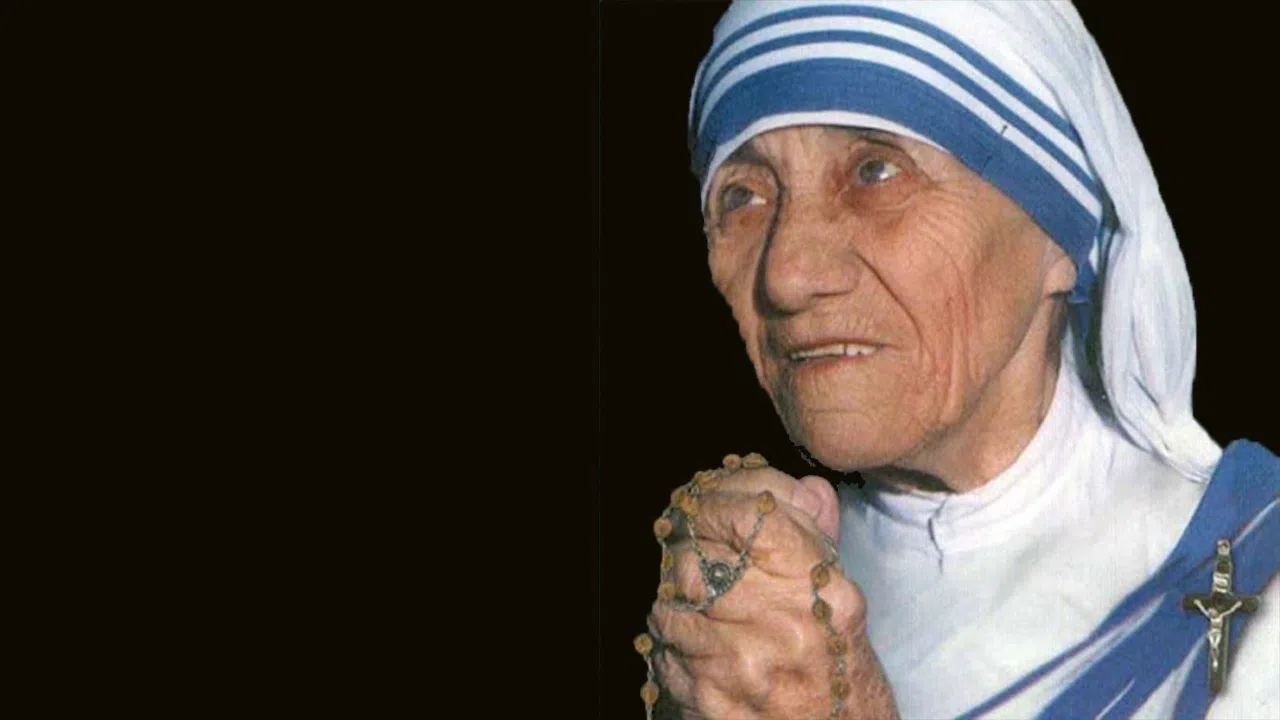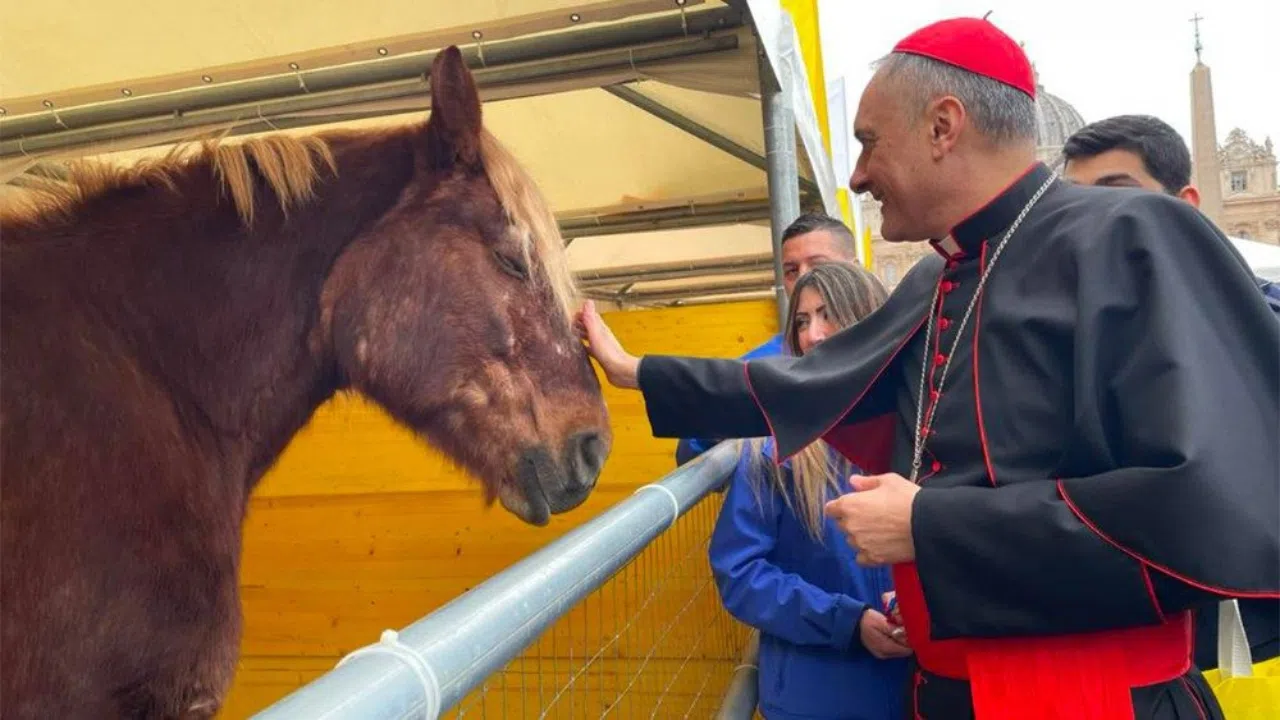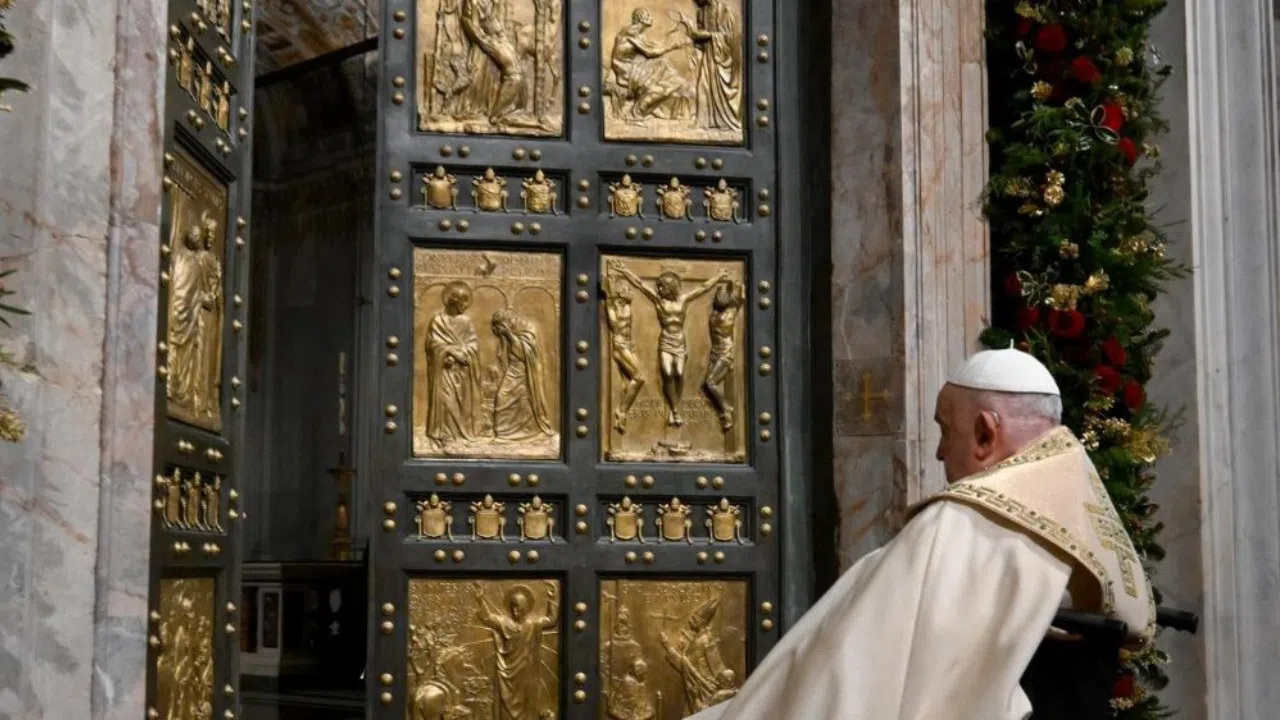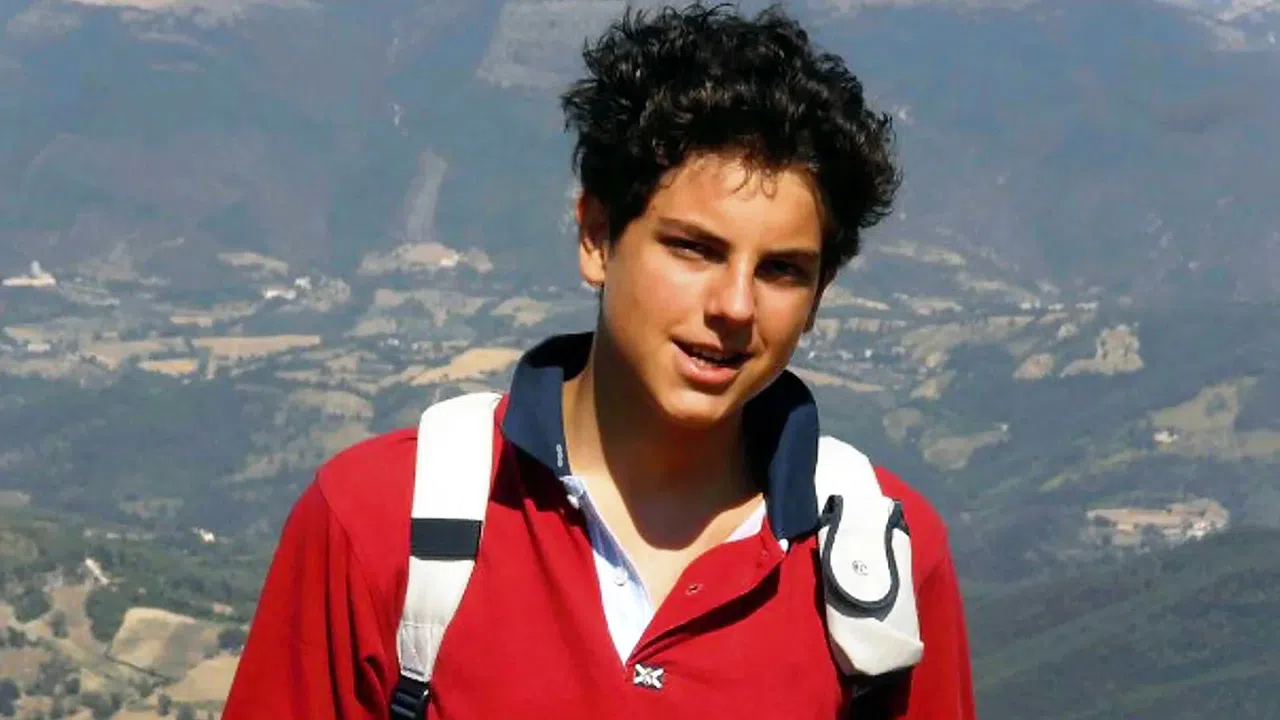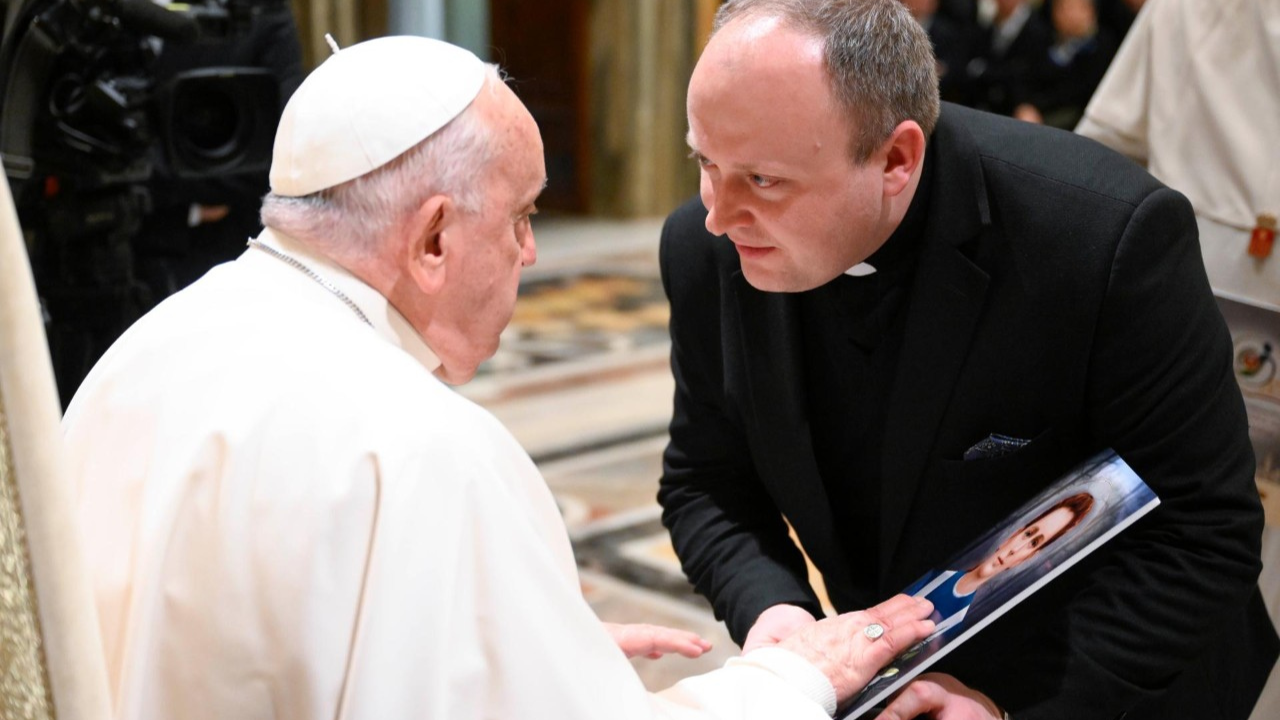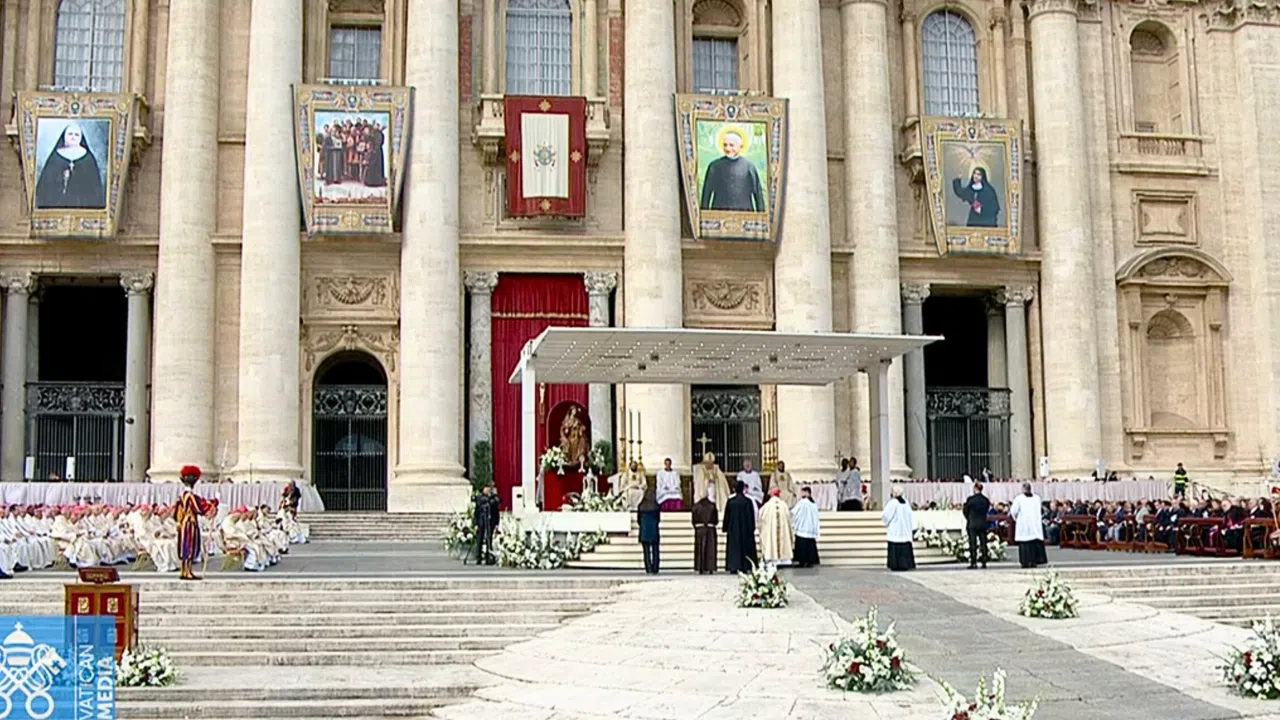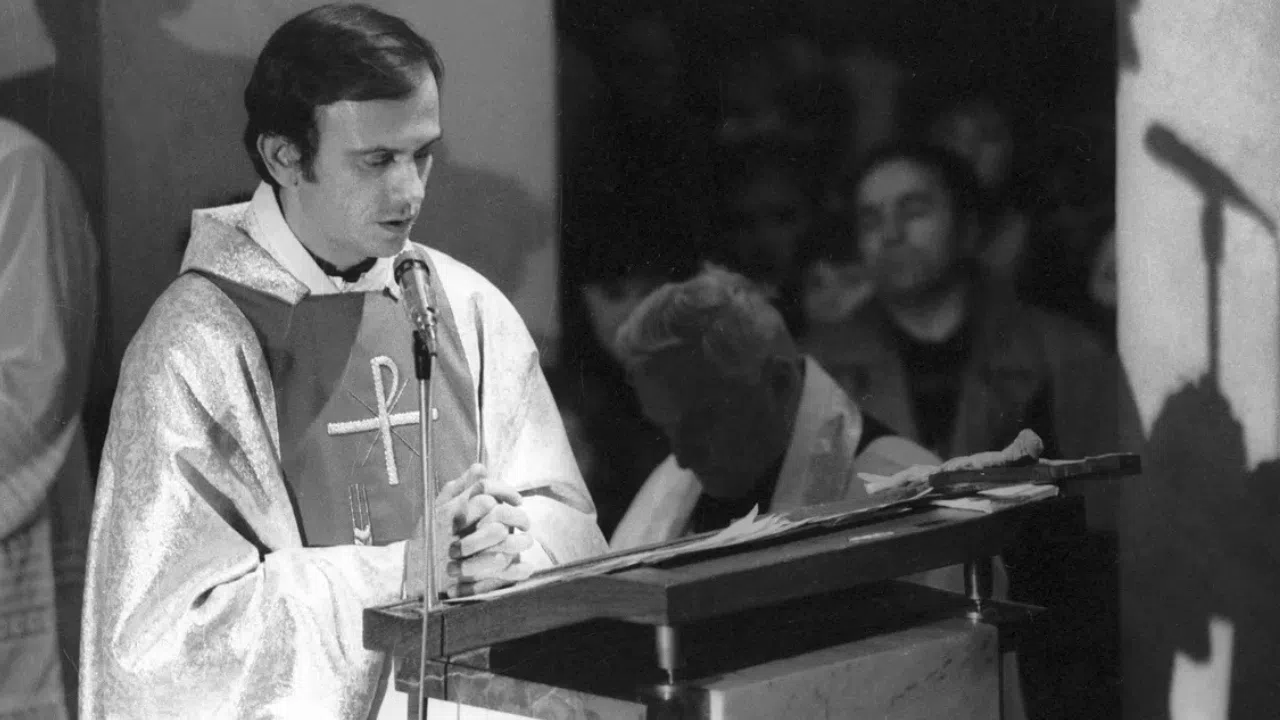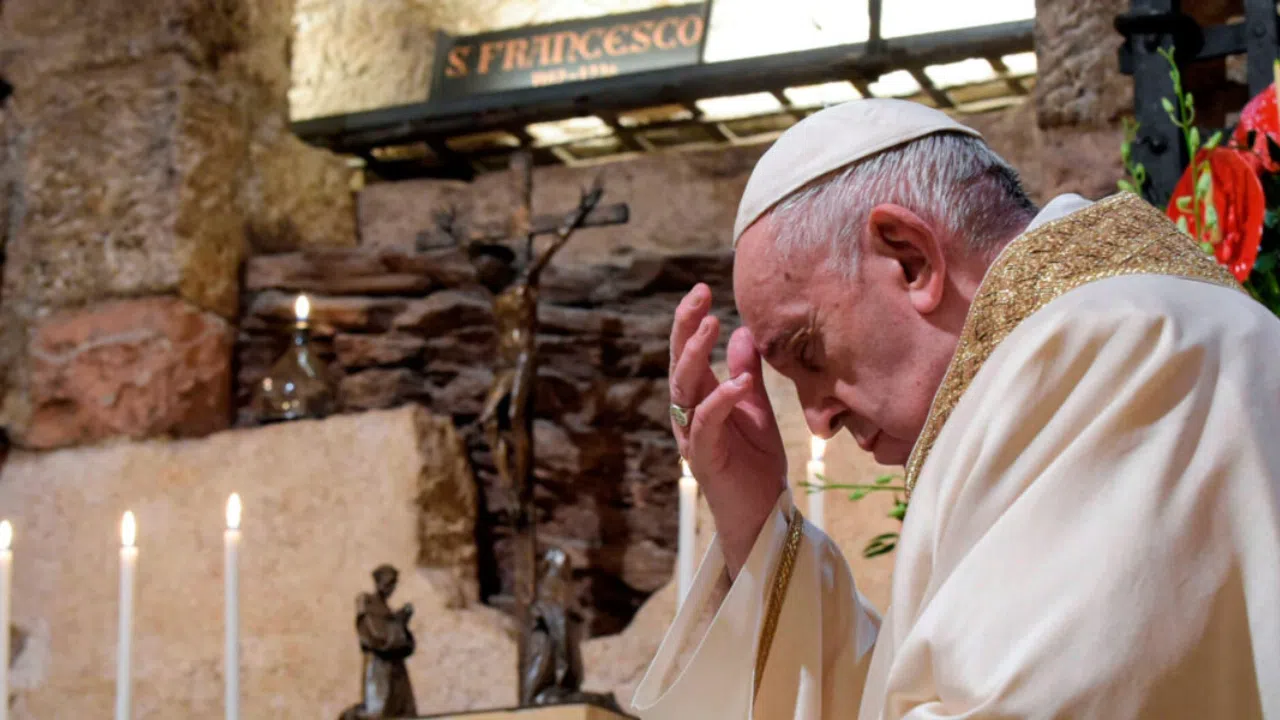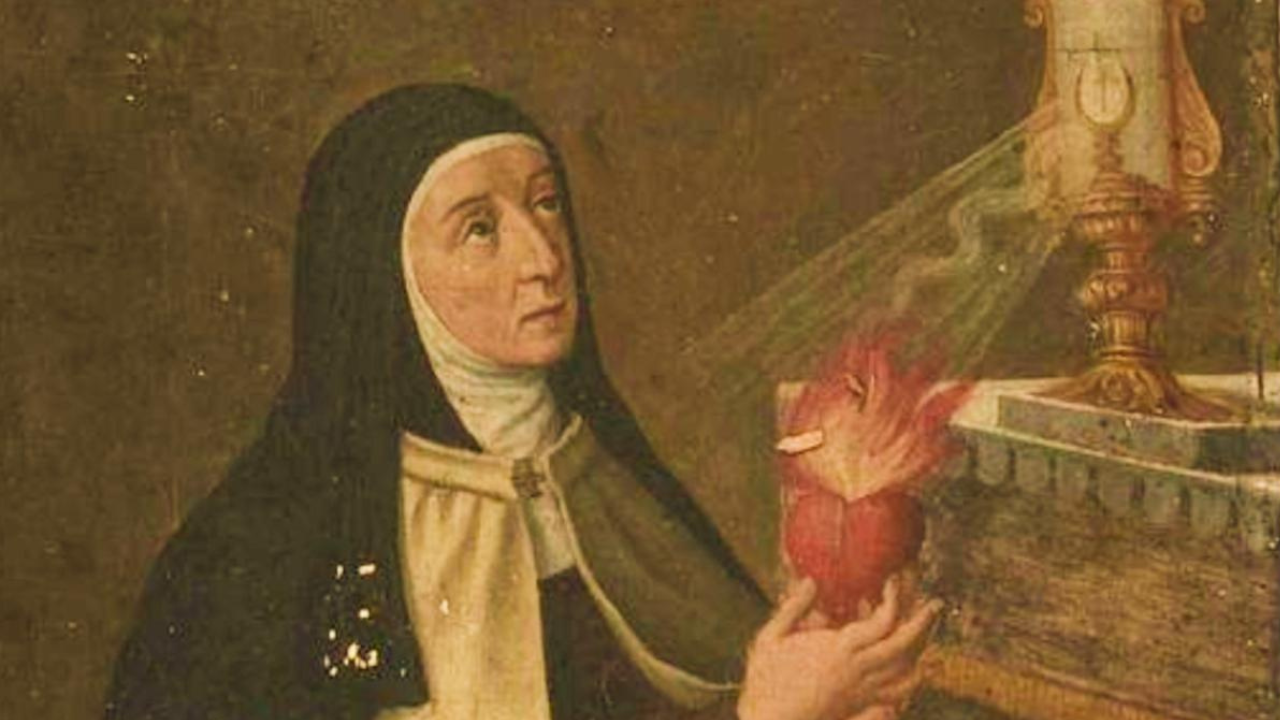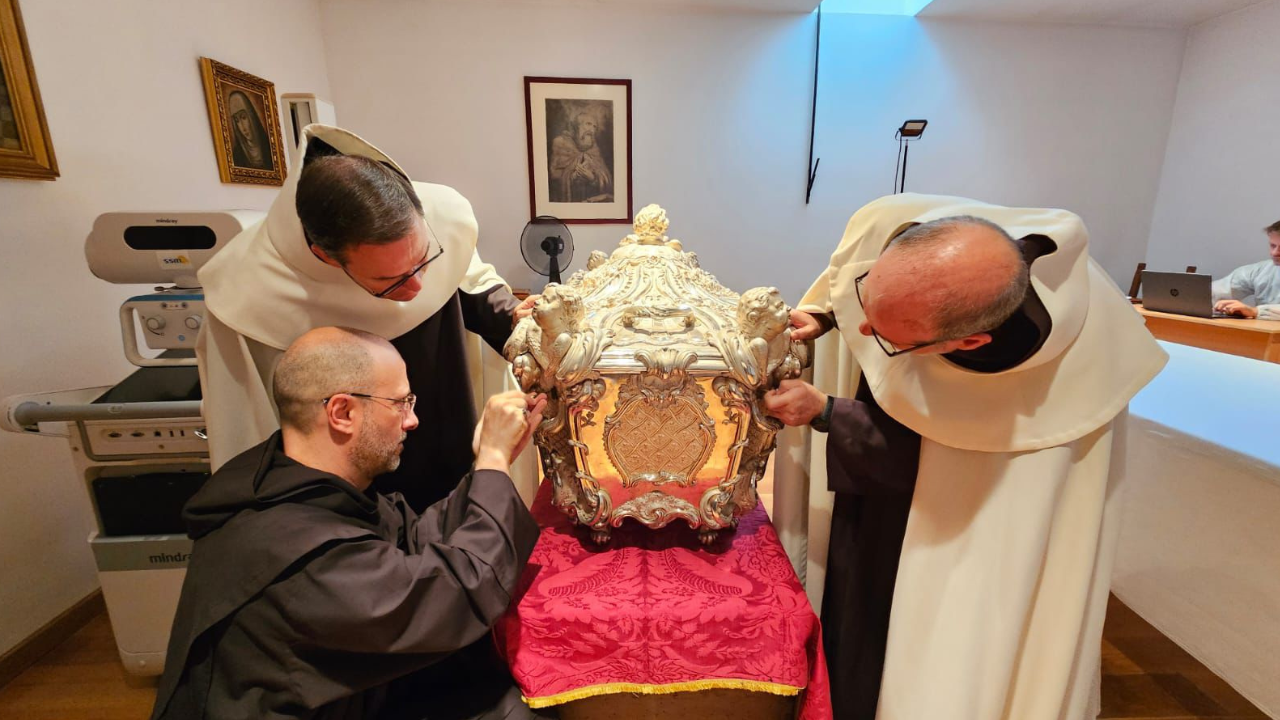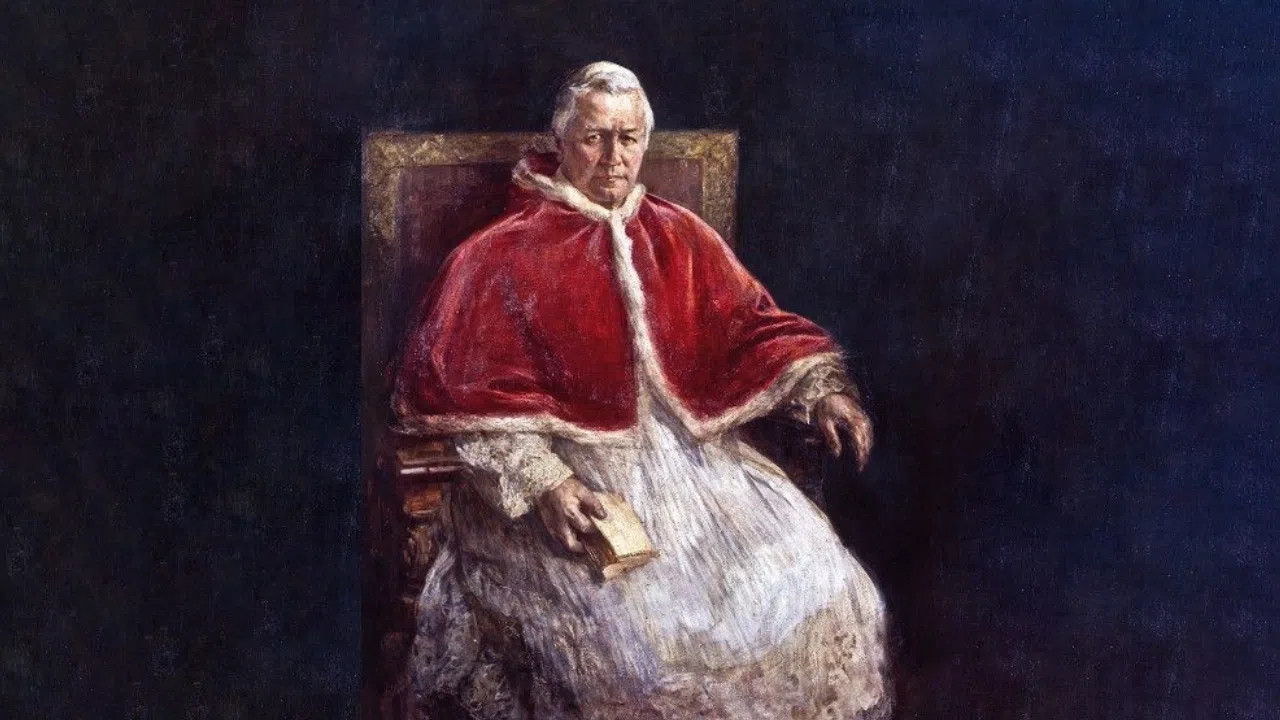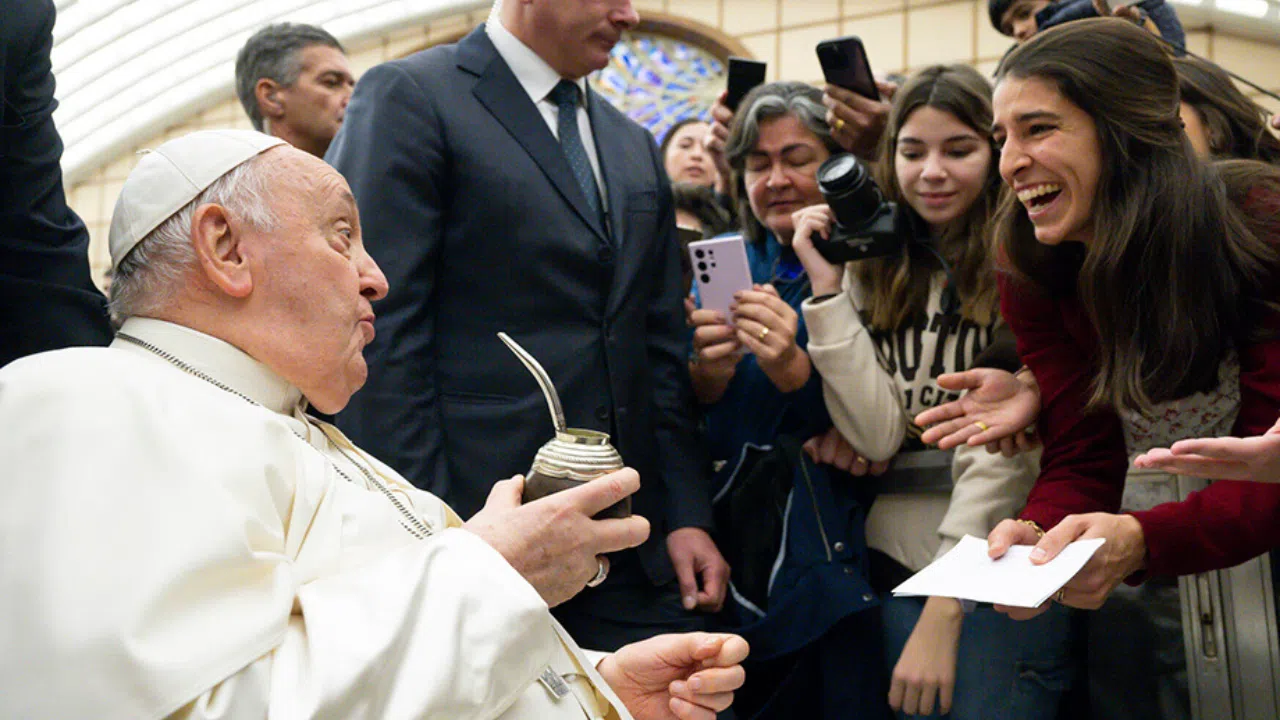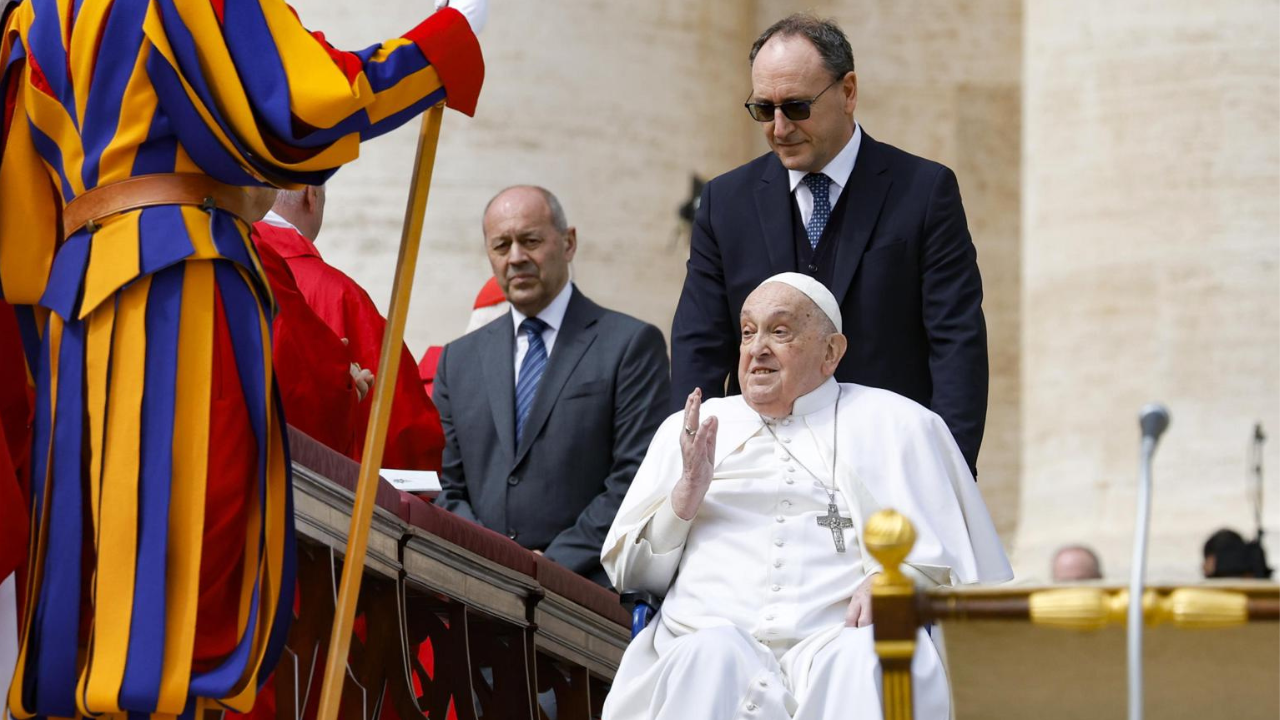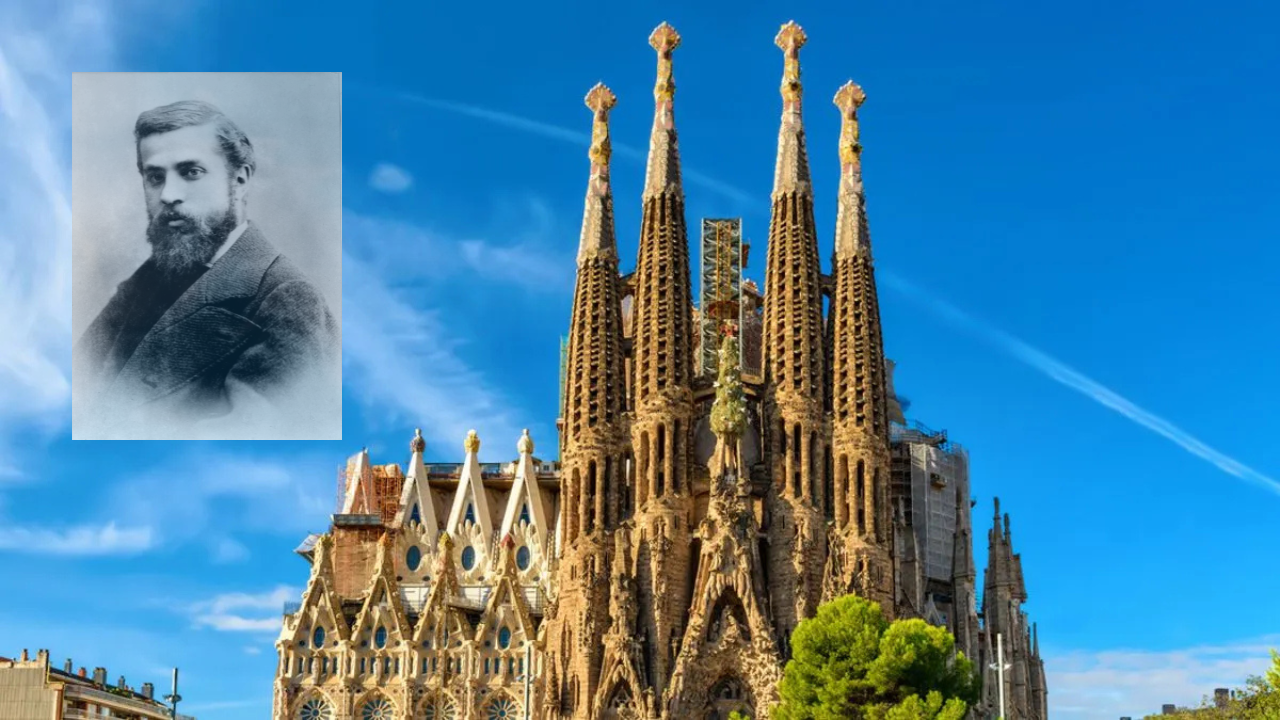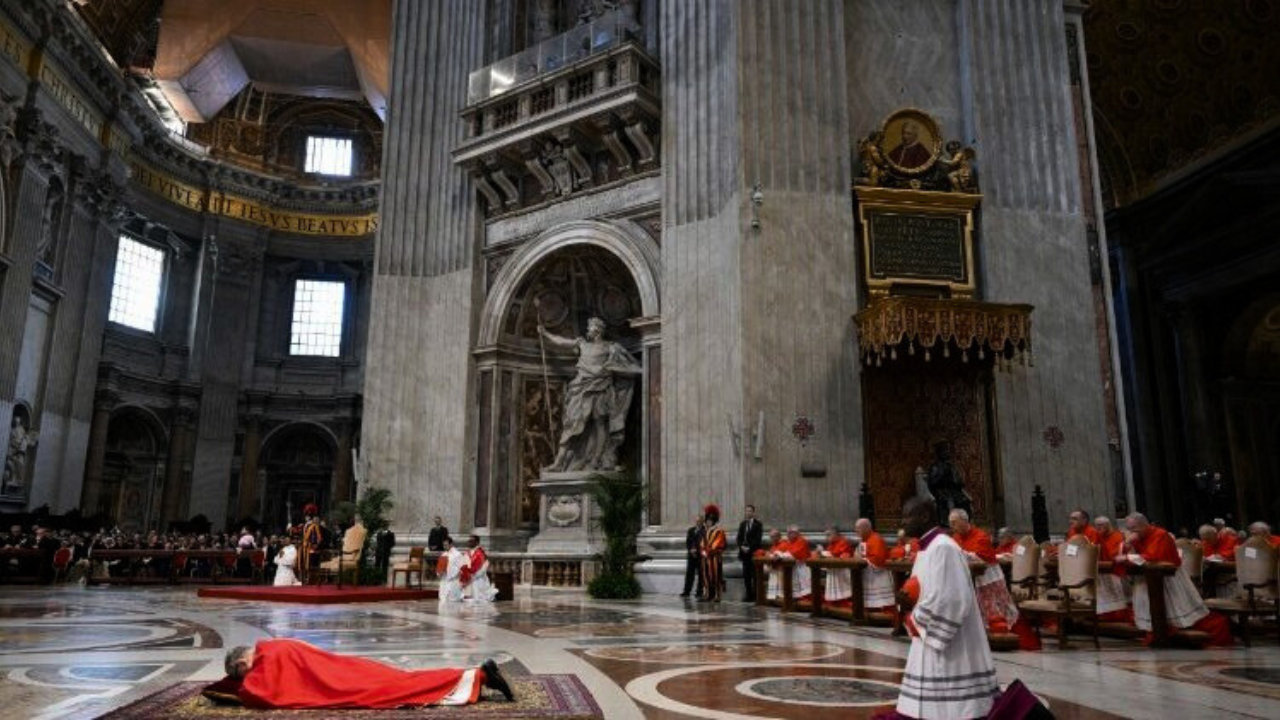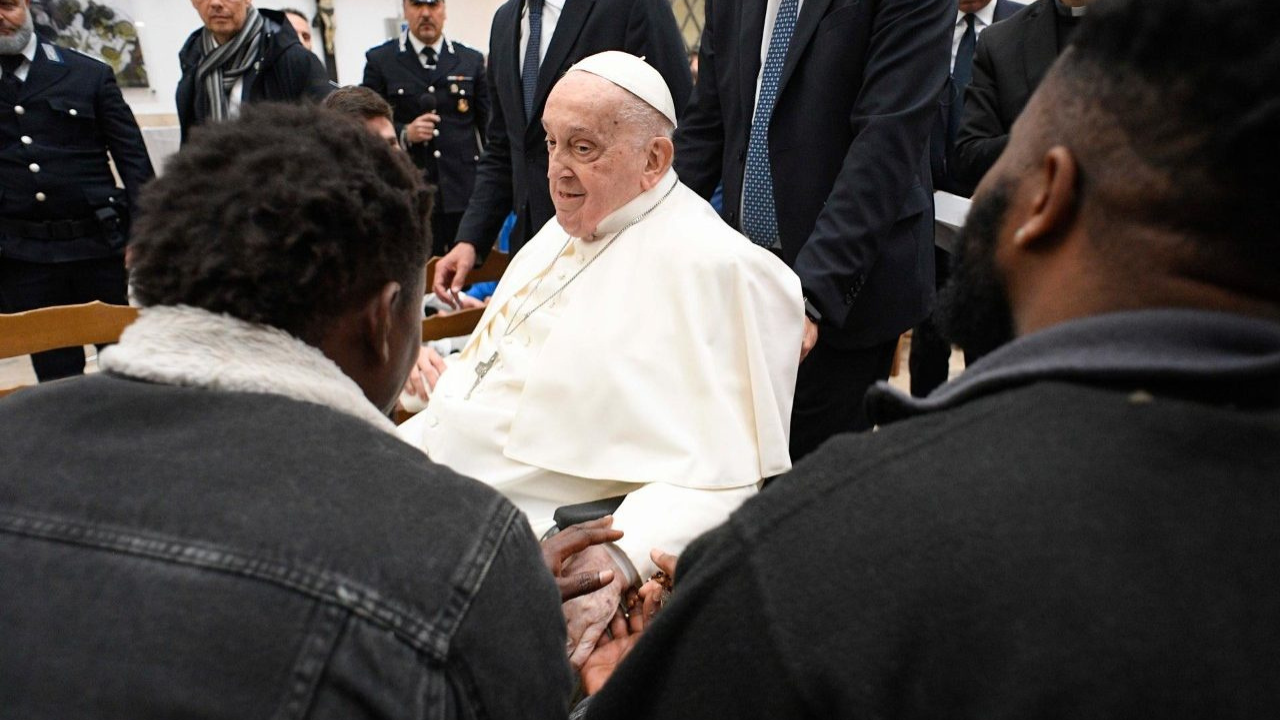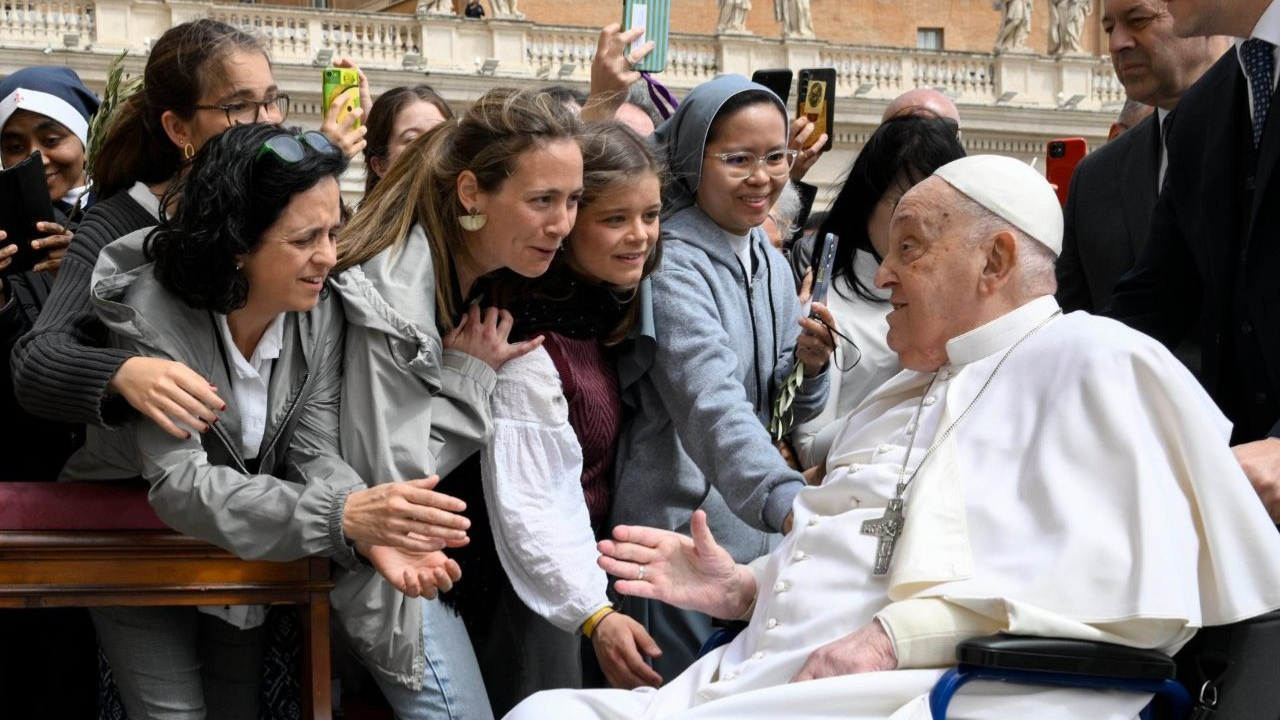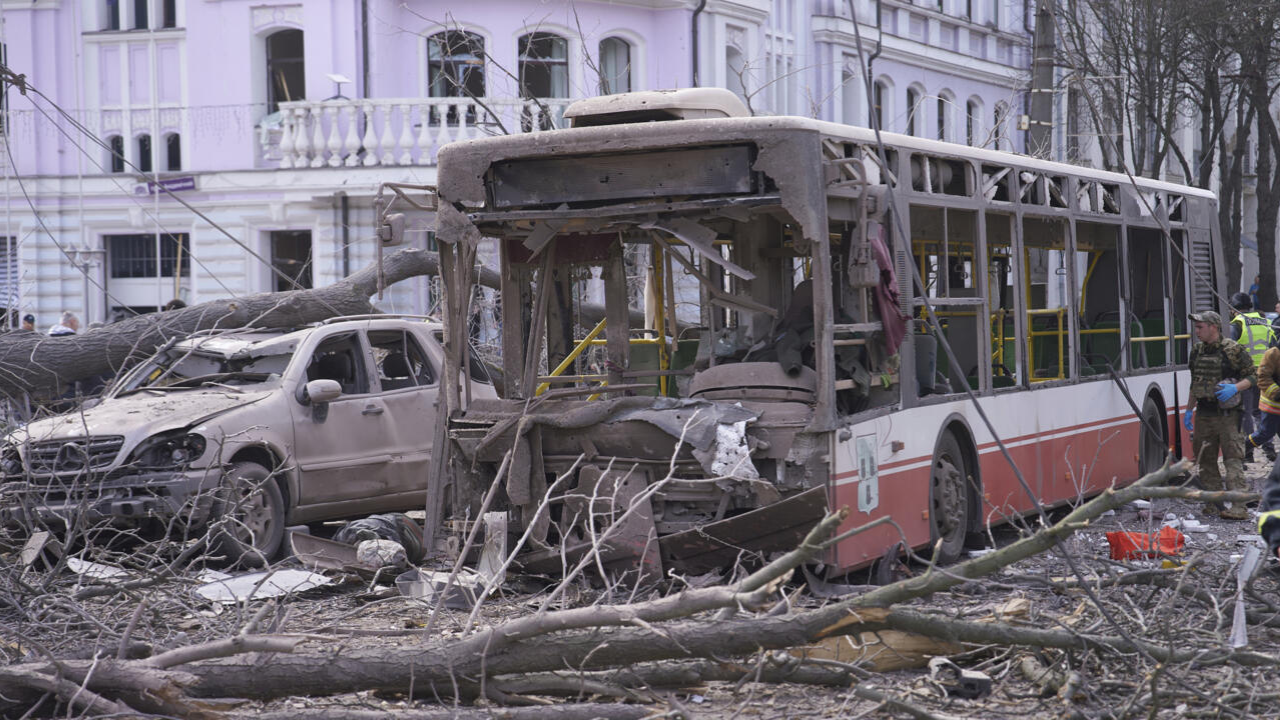Pedro Arrupe was the Superior General of the Jesuits during the delicate postconciliar period. He governed the Society of Jesus from 1965 to 1983. He died at 83 years old in 1991.
His beatification process has just been officially opened. Testimonies are being collected to prove that he lived as a saint. Many already considered him a hero during his time as a missionary in Hiroshima. He was there during the explosion of the atomic bomb.
FR. PASCUAL CEBOLLADA S.J.
Postulator for the cause of Pedro Arrupe
“We know that the sixth of August 1945, there in Hiroshima he was in charge of the novices in Japan. He studied Medicine in Madrid so he started helping when the bomb exploded. At first, they didn't know what it was, then they saw the light and figured it out.”
Pedro Arrupe literally converted the novitiate into a field hospital. With the help of the novices, he began treating and operating on the wounded.
Arrupe did not have an easy life. In Japan, he was accused of espionage and was incarcerated. Before that, in the early 30s, he had to flee Spain after the suppression of the Jesuits due to anticlerical hatred.
FR. PASCUAL CEBOLLADA S.J.
Postulator for the cause of Pedro Arrupe
“He was someone who has lived through all of this is optimistic, but holds an understanding of the harshest parts of this tremendous reality. That was Arrupe. Despite everything, he remained hopeful in God. Only in Jesus Christ and in God's Providence. At the same time, he also remained hopeful in people.”
During his time as Superior General of the Society of Jesus he had to navigate the delicate time after the Second Vatican Council, leading the Jesuits down two opposing directions. One path wanted to radically change everything and the other who want nothing to change. To both, he offered the same advice: pray. He must have made himself very clear because 30 years later, even Pope Francis has not forgotten the advice.
Pedro Arrupe pushed forward the Jesuit's dedication to the defense of peace and human rights. He said Church cannot turn a blind eye to human injustices and that she cannot turn away from the mission of helping the poor.
His last years were difficult ones. In 1980, after consulting other Jesuit leaders, he decided to turn in his resignation. However, Pope John Paul II did not accept it. Only a few months later, in 1981, Arrupe suffered a cerebral thrombosis, which impeded his ability to continue in his role. Therefore, the pope named a delegate, and for two years the Society could not name a successor.
Arrupe's health continued to decline until his death in 1991. He left an impressive mark on the Church, and more than anything, on the Society of Jesus in the second half of the 20th century.
